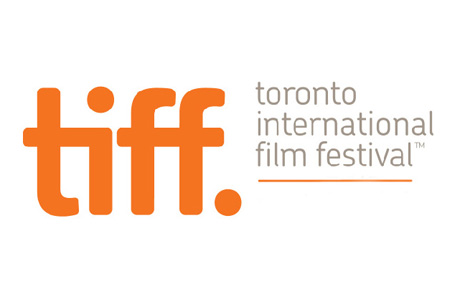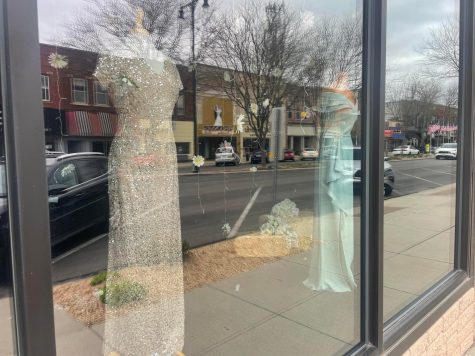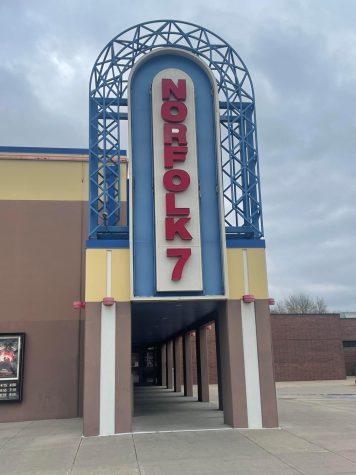Quality May Be Casualty Of Film Fest War

September 9, 2014
TORONTO — Has TIFF, North America’s largest film festival, become the middlebrow blob that ate cinema?
It’s ungracious, I suppose, to ask. But has the blob known as the Toronto International Film Festival, North America’s largest and most popular cinema gathering with attendance inching toward the 500,000 mark, lost its way in 2014 among a forest of expectations and contradictions?
This year, somewhere around the third or fourth screening of a routine Hollywood studio product with inflated Oscar hopes (“The Judge”) or no awards hopes of any kind (“The Equalizer”), the festival felt like it needed a compass. Or simply some better high-profile movies.
Like many visitors I caught the first five days of TIFF, which concludes Sunday and may well be holding its best stuff for later. Any film festival of a certain gargantuan size — TIFF runs on an annual budget of just under $40 million — provokes speculation about its programming mission, and how well it serves and challenges a bewildering, overlapping series of audiences.
Some come to Toronto to catch up on the hottest international festival circuit titles, many of which premiered earlier in the calendar year at Cannes, Venice or Toronto’s Mountain Daylight time zone frenemy, Telluride. (More on that in a minute.) Others want stars in movies coming out in a week or two or a month or two: Bill Murray in “St. Vincent,” Denzel Washington in “The Equalizer.” And there are a dozen more scenarios in between these two extremes.
Of the bona fide world premieres here this week, “While We’re Young” (Ben Stiller and Naomi Watts coping with middle age and tragic wannabe hipsterdom) was a worthy if disappointing Toronto return for Noah Baumbach. The writer-director’s previous work, the beguiling “Frances Ha,” sustained its premise and its interests throughout; this one begins wonderfully but sputters around the midpoint. I’m eager to see it again though before writing about it in full, which is more than I can say for “The Drop” (opening Friday) or, a tick up from there, “The Judge,” the latter a preening showcase for Robert Downey Jr.’s bid for John Grisham-brand courtroom drama success. Robert Duvall’s supporting work just about saves it. Similarly, the formulaic but entertaining “St. Vincent” rides on the back of its ensemble, led by Murray as a young boy’s unlikely baby sitter.
These films are many things, but “12 Years a Slave” is not one of them. Last year, the eventual (and deserving) Oscar winner made its world premiere at Toronto. Wait. Strike that. It made its world premiere a week earlier, under a different phrase (“sneak preview”), at the Telluride Film Festival in Colorado. Tired of getting zoomed by Telluride, Toronto festival heads drew a line in the sand, or the snow, or something: As of this year, if a movie screens at Telluride, it ends up in a less appealing mid-week slot when it comes to Toronto. If it comes to Toronto.
I had one too many conversations for my taste during Toronto’s opening weekend with people who either just came from Telluride, raving about the films and the overall, easygoing experience, or people who were saying regarding Toronto: Enough. Maybe it’s time for a break. TIFF has gotten too unwieldy, too Hollywood, too focused on the dozens of film junkets attaching themselves, barnacle-like, to the festival itself.
Many pre-approved good and great films playing TIFF this year, ranging from the Turkish masterwork “Winter Sleep” to the Russian crime drama “Leviathan” to Damien Chazelle’s “Whiplash” to Bennett Miller’s “Foxcatcher,” lent some good old-fashioned quality to the debates heard around the neighborhood of the Bell Lightbox and the Scotiabank multiplex. The most heartening discoveries on my rotation were small but true — harsh stories told with graceful filmmaking intelligence.
Yann Demange’s riveting feature debut “‘71” is a fictional account, both thriller and mournful procedural, of a young British soldier caught behind enemy lines in 1971 Belfast. Jack O’Connell plays the desperate soldier abandoned by his unit. It moves like a rocket and properly juggles audience sympathies in its depiction of a place, a time, a political morass and a few very, very dangerous blocks. Roadside Attractions has picked it up for U.S. distribution.
Mean streets of another sort provide the setting for my other favorite film from the first four days of TIFF 2014. Josh and Benny Safdies’ “Heaven Knows What” was shot in New York, mostly on the down-low, among street people and heroin addicts. It’s based on the unpublished writings of now-recovering addict Arielle Holmes, who plays a version of herself here. The Safdie brothers’ previous and very good feature, “Daddy Longlegs,” was a standard-issue Hollywood rom-com compared to the feverish, at times brutal experience of “Heaven Knows What,” which features the most riveting musical score of the year and some of the tightest, most effective extreme close-ups I’ve ever seen. The film’s ancestral influences include such street-level documentary/feature hybrids as Lionel Rogosin’s “On the Bowery” (1956) and Kent MacKenzie’s “The Exiles” (1961). However bruising it is to watch, I’m eager to see the Safdies’ latest achievement a second time.
It’s a long way from a feel-good. But at least TIFF, whatever it has become, can assert it offers something for everyone. My favorite illustration of its present conundrum came when filmmaker Peter Strickland, whose “The Duke of Burgundy” was well-received here, started thanking producers from the podium during a screening introduction. A lengthy list, he acknowledged. But “without these people, you’d be watching ‘The Judge.’” The crowd reportedly laughed like crazy.
———
©2014 Chicago Tribune
Visit the Chicago Tribune at www.chicagotribune.com
Distributed by MCT Information Services















